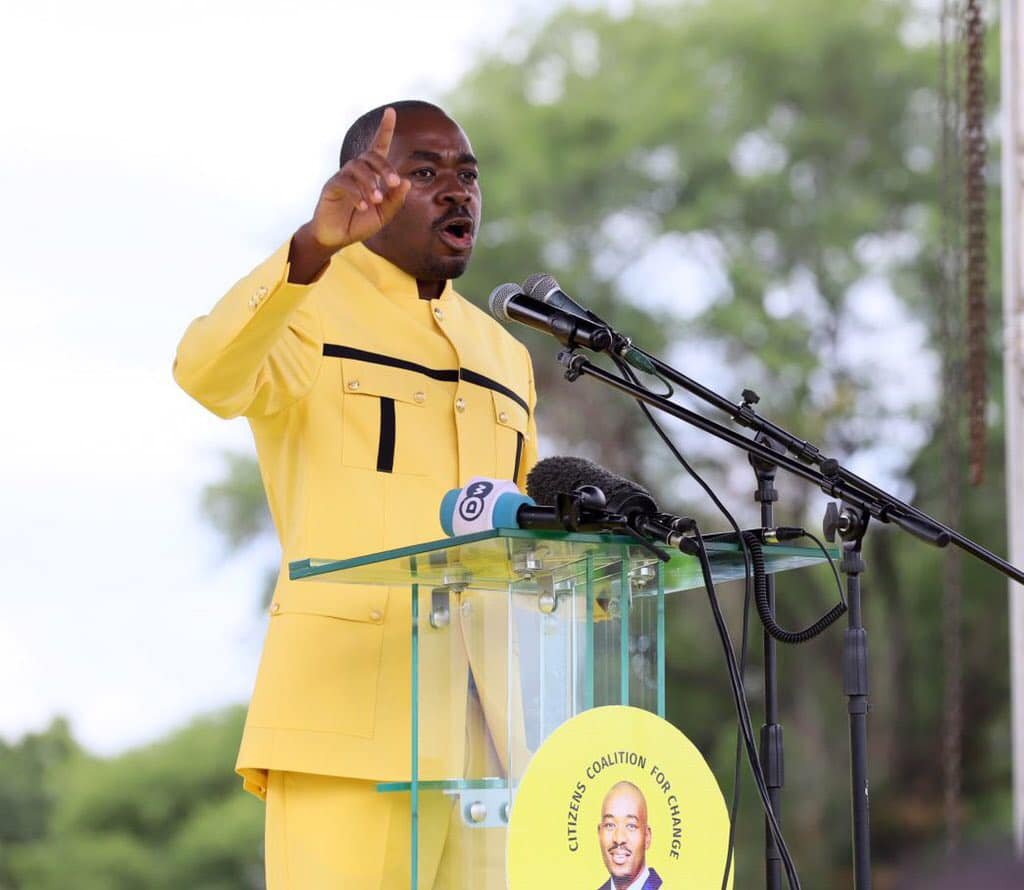Nelson Chamisa, the founding leader of the Citizens Coalition for Change (CCC), recently ignited debate with a pointed critique of the Southern African Development Community (SADC). In a tweet, Chamisa questioned whether SADC remains a “community of values” or has devolved into a “union of vices,” accusing the regional body of failing to uphold its ethical standards. He warned that a SADC lacking in values and principles is “irrelevant and outmoded,” incapable of being a trusted custodian of fairness, peace, freedom, justice, and security for the African people. Chamisa’s call for SADC to transform into a “bastion and institution of the oppressed” aligns with his vision for a “New Africa.”

Chamisa’s post comes after a turbulent period in his political career. As the founding leader of the CCC, Chamisa quit his former party, the MDC Alliance, earlier this year, citing infiltration. He led the CCC in the August 23, 2023, elections against Emmerson Mnangagwa of ZANU-PF. While Mnangagwa was declared the winner, Chamisa has consistently insisted that he won the election, a stance that has kept tensions high in Zimbabwe’s political landscape.

However, Chamisa’s tweet drew sharp criticism, reflecting deep divisions within Zimbabwe’s opposition. Prominent journalist and activist Hopewell Chin’ono expressed frustration with Chamisa’s approach, particularly his reliance on religious rhetoric. “This nonsense is now nauseating! You can’t keep repeating the same thing for 7 years while vana vakazara mumajeri,” Chin’ono tweeted, criticizing Chamisa for failing to produce tangible results, especially for those suffering under political repression.

Political analyst and academic Ibbo Mandaza further criticized Chamisa, urging him to step down from opposition politics. Mandaza accused Chamisa of demobilizing the masses and serving the interests of the state, suggesting that Chamisa’s leadership has become a liability. “Declare your departure or we expose you,” Mandaza warned, indicating a growing desire for new leadership within the opposition.

This exchange highlights a significant challenge for Chamisa: the tension between his religious rhetoric and the demand for decisive political leadership. Chamisa’s spiritual references, such as his response to critics, “Wait and see that Our #Godisinit,” have been both a strength and a weakness. While they resonate with his core supporters, many in civil society are growing impatient, questioning whether this approach can lead to real political change.
Is there anything wrong with being a religious leader while also leading a political movement? The criticism Chamisa faces suggests that the answer depends on the context. In a country like Zimbabwe, where the political climate is fraught with tension and repression, some view Chamisa’s religious approach as inadequate for the challenges at hand. They argue that the opposition needs a leader who can offer concrete strategies and mobilize the population effectively, rather than relying on faith alone.
In conclusion, Chamisa’s recent statements on SADC and the backlash they received underscore the broader struggle within Zimbabwe’s opposition to redefine itself in a rapidly changing political landscape. As the former CCC leader, Chamisa faces mounting pressure to either deliver on his promises or make way for new leadership capable of revitalizing the opposition. The growing discontent among civil society and opposition figures indicates that Chamisa’s future as a political leader is increasingly uncertain, with calls for accountability and fresh leadership becoming louder. Whether his religious approach can coexist with effective political leadership remains a contentious issue in Zimbabwe’s ongoing quest for change.



